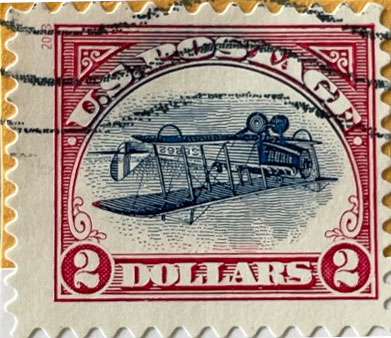I have to admit; this blog post is an experiment to see if I really have anything to say other that that I miss my life partner. After nine months of progressing through the stages of grief, I do believe that I am emerging from this particular chrysalis. So, beat, soggy wings! Perhaps some day we’ll have a gossamer glide or two.
I spend far too much time on Facebook, because I kinda like the arena. Except for the crooks posing as your friends, it’s mostly a live-and-let-live community of older folks who have an understandable need to share part of themselves with the world. I’m tracking several communities on Facebook: family, former students and colleagues, old friends in other states and countries, church buddies, musical comrades, and those with an LGBTQ bent, mainly old gay dudes, trans folks and wannabe queer stars. You can bitch all you want about Facebook, but most of us now exist partly in cyberspace, and the Facebook part of cyberspace is an important portal in my life.
I had to learn to be civil all over on Facebook. I no longer vent by sharing a meme or a 2 minute diatribe, though I have many FB friends who do that. For sure, I am careful about how I respond to the very human concerns I constantly read about. My mantra now is to try to bring some good into that arena, no matter how small. I mean, no matter how obnoxious the comment may be to you, the commenter IS dealing with their own feelings, good or bad, about something. I now realize that the chances that I am going to reeducate someone with a differing perspective than mine are almost zero. Hell, I’m a few years away from the great beyond, and I’m not eager to slam the door on almost anyone just now.
All that said, I have to admit that lately I have been quite annoyed by the spate of posts that are dissing self-checkout. These posts are general appeals to everyone to boycott self-checkout stations, and sometimes to boycott any business that has had the temerity to install self-checkout stations. And the thinking behind these pleas isn’t very deep. It’s just this: one self-checkout station puts someone out of a job, and therefore, they are bad. And so, I am going to try in this blog post to offer some reasons why these self-checkout stations might actually sometimes be a good thing.


